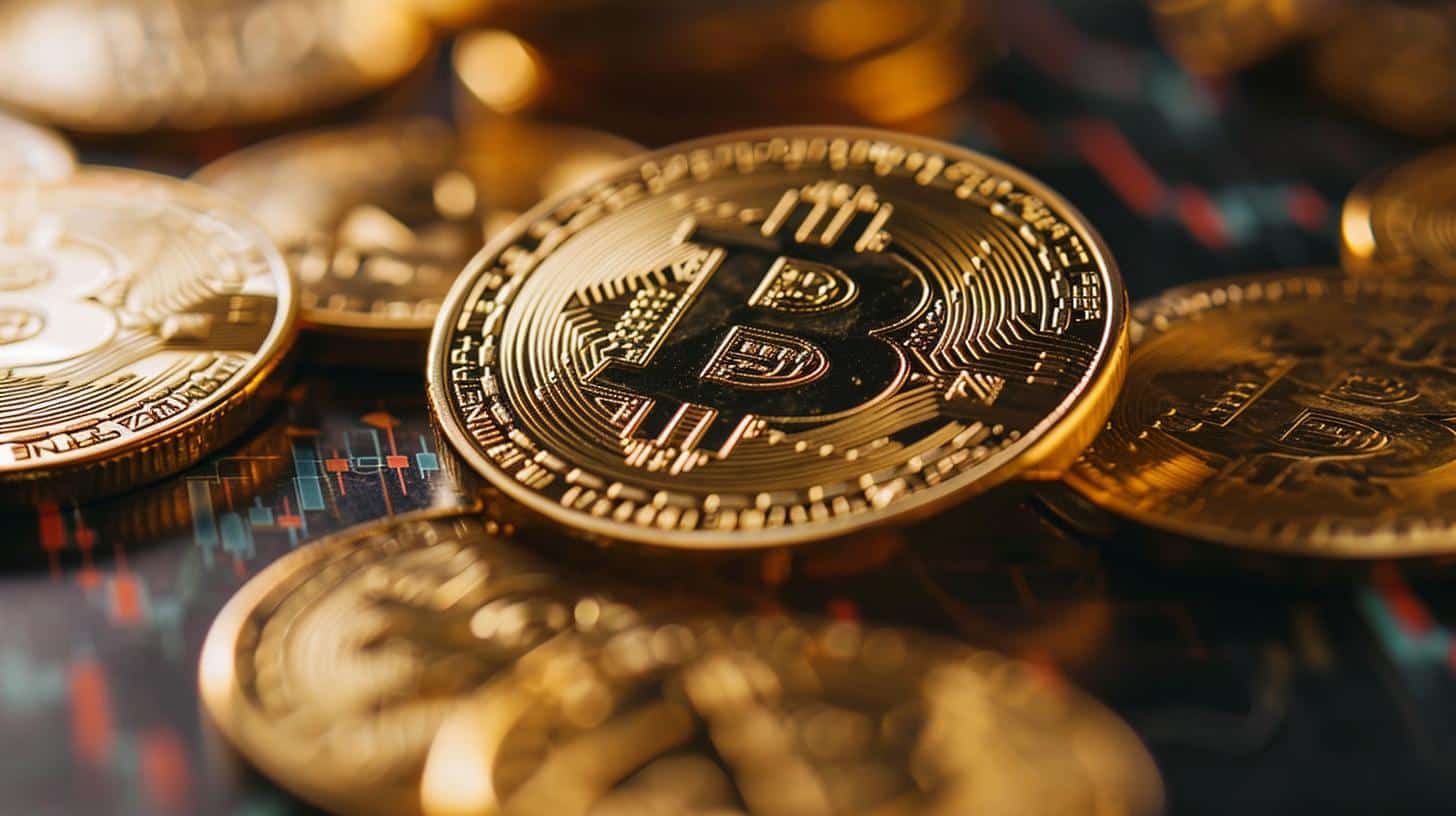Unicorn Companies Losing Their Magic as Their Numbers Soar
Unicorns, once a rare and fascinating breed of privately-backed billion-dollar companies, are now a dime a dozen. The likes of ByteDance, SpaceX, and Shein have become household names, and the term “unicorn” no longer holds the same awe and wonder that it did in the past.
Over the past decade, the number of unicorn companies has skyrocketed from 87 to a whopping 1,381. The surge is fueled by investors’ fear of missing out on the next big thing, leading to an increase in outsized late-stage deals. As a result, the total market value captured by unicorns has soared from $235 billion to an astonishing $4.5 trillion.
Unicorns, often considered the golden geese of venture capital, are responsible for generating the majority of returns for funds. However, the landscape is changing. While the US is still home to the majority of unicorns, China and India have experienced the fastest growth since 2020, with increases of 63% and 200% respectively.
The term “unicorn” was coined by Aileen Lee, founder of Cowboy Ventures, in her groundbreaking article “Welcome To The Unicorn Club: Learning From Billion-Dollar Startups.” This article identified 39 US-based software companies valued at over $1 billion as belonging to the exclusive “Unicorn Club.” At that time, Facebook was the undisputed king of unicorns, with a valuation exceeding $100 billion.
Each major wave of technological innovation has birthed a “super-unicorn.” Apple dominated the personal computer era of the 1970s, while Facebook became synonymous with social networking in the early 2000s. Now, as we enter the 2020s, it is clear that the next super-unicorn will most likely be powered by AI.
Despite a drop in VC fundraising and a decrease in the number of unicorn creations from 2022 to 2023, AI-focused unicorn companies are still thriving. In fact, 44% of the new unicorns in 2023 were dedicated to AI and machine learning. Companies like OpenAI, valued at $80 billion, and Anthropic, valued at over $18 billion, are riding the wave of demand for chatbots and other AI technologies.
Interestingly, unicorns are staying private for longer periods of time, with their average life span to exit increasing from 6.9 years to 10.7 years. This trend suggests that private companies have access to ample capital to sustain their growth.
Valuing a startup is a complex task, influenced by various factors such as growth projections and ego-driven founder expectations. Consequently, when unicorns eventually decide to go public through an initial public offering (IPO), their valuations may not meet the lofty expectations set during their private days.
In conclusion, while the number of unicorn companies continues to rise, their once-magical allure is waning. However, the AI sector remains a hotbed for unicorn creations, indicating that the future of these mythical creatures lies in the realm of artificial intelligence.
Analyst comment
Neutral news.
As an analyst, the market for unicorn companies will likely become more competitive and saturated, making it harder for individual companies to stand out. However, the AI sector shows promise for continued growth and potential for unicorn creations in the future.













